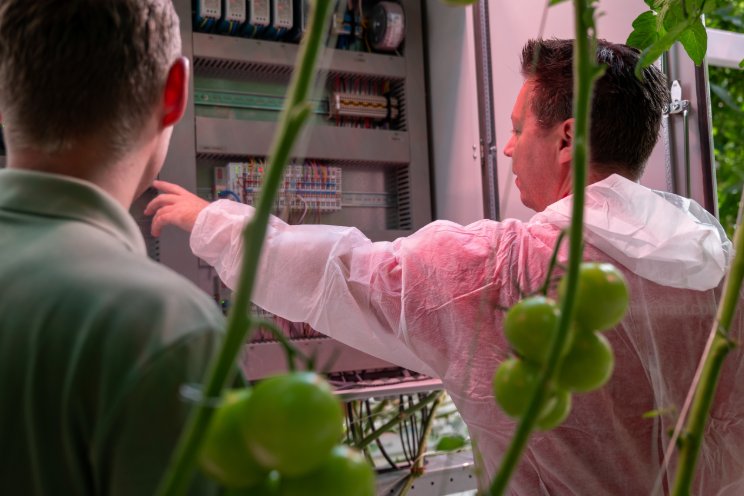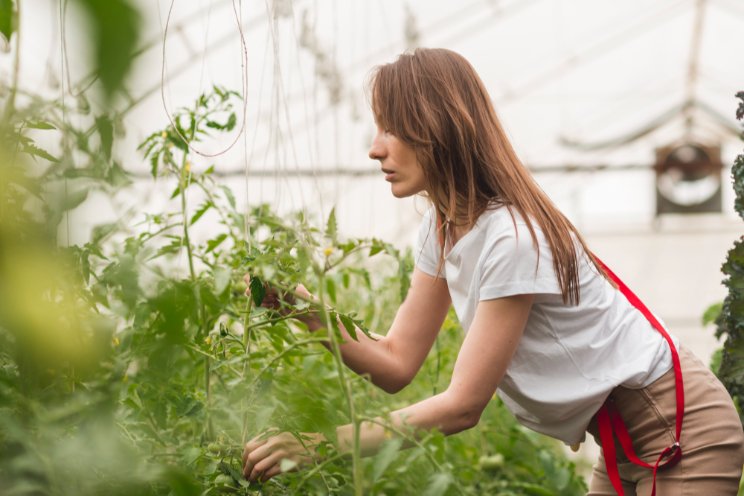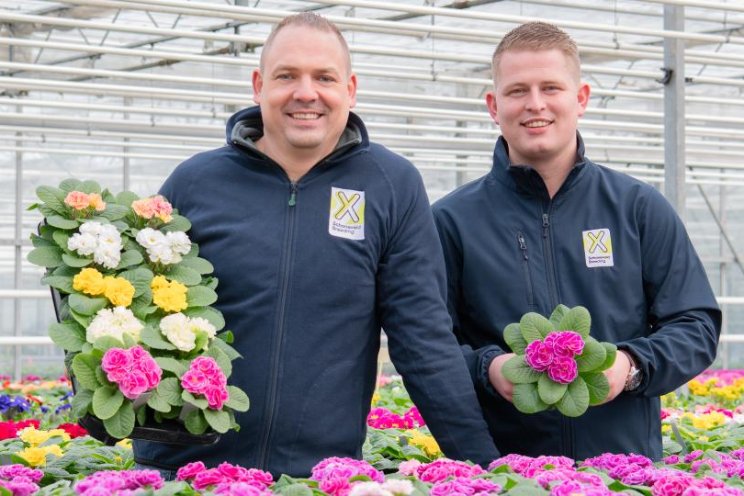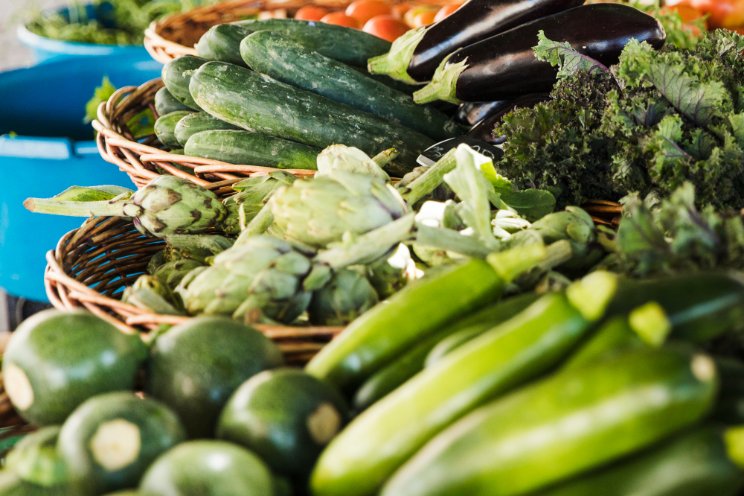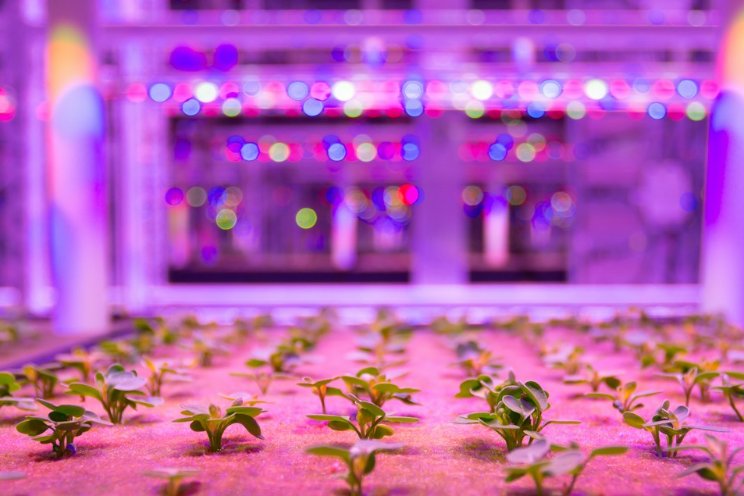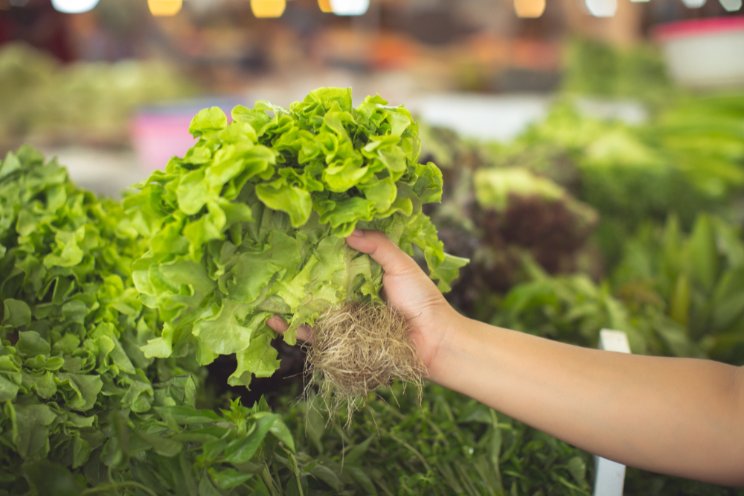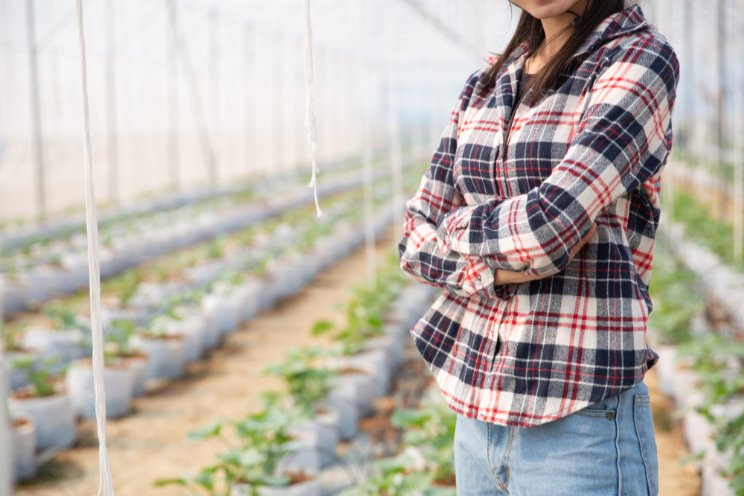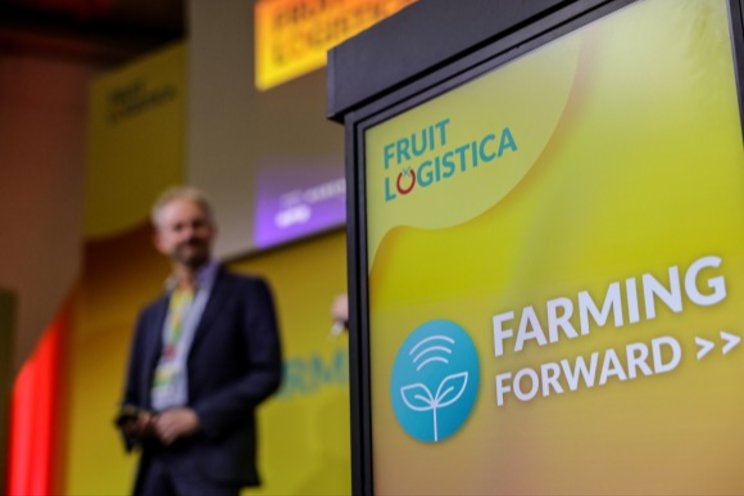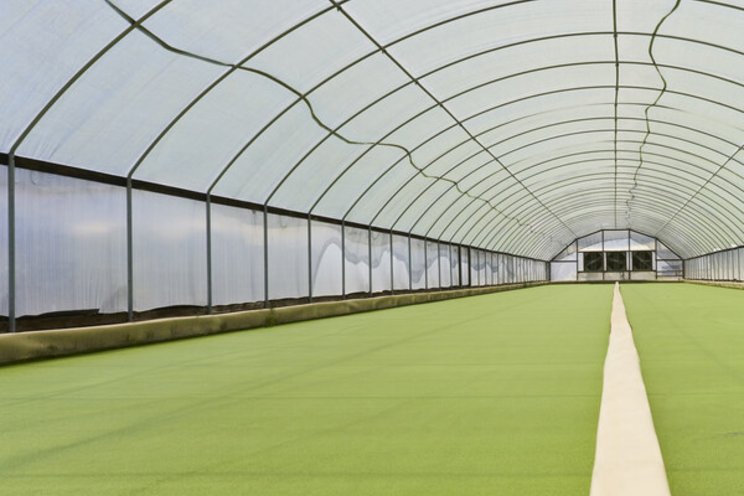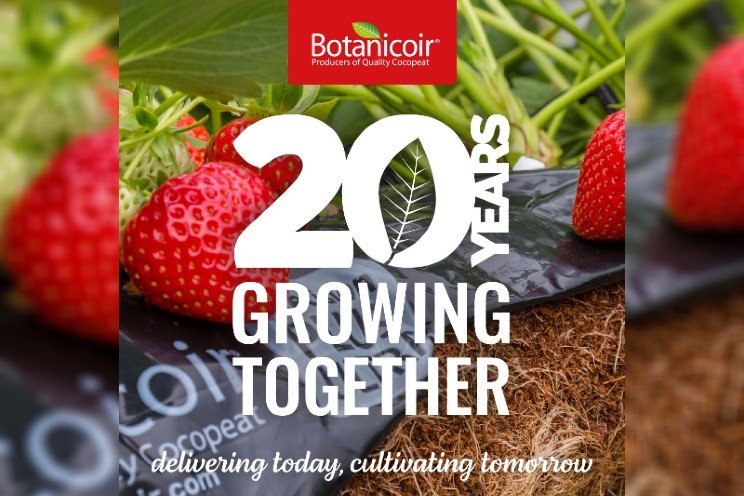Facilities don't grow cannabis plants, people do
Added on 23 February 2022
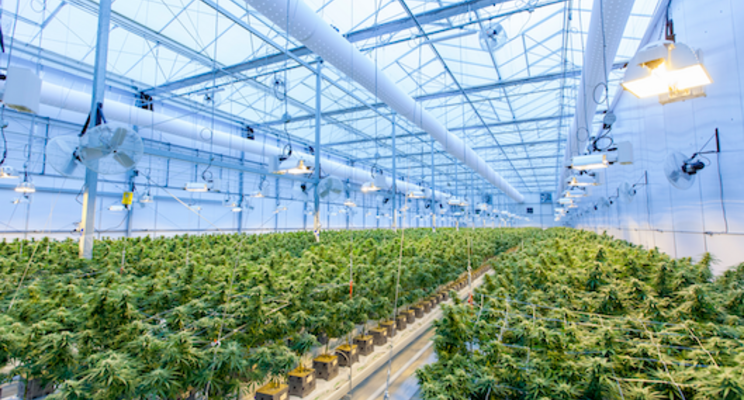
If you think your cultivation program lacks steam, it may be time to shuffle things up. But before you let someone go, make sure you have a suitable replacement on the horizon. Each role requires different skillsets and experience.
Keep the following qualifications in mind as you search to fill key positions on your cultivation team:
Director of Operations
The director of operations coordinates all departments within a commercial cultivation facility. From cultivation and maintenance to purchasing, shipping, and security, the director of operations makes sure that all departments function in unison and move the entire company toward the same end goal. Consider hiring someone with at least 10 years of experience directing operations for a manufacturing business. Commercial cultivation facilities and manufacturing plants have a lot in common, and these types of individuals can infuse valuable work experiences and lessons learned from other industries.
Head Grower
At a minimum, your head grower should have five years of experience with commercial plant production. Cannabis experience is preferred, but skills gleaned from cultivating ornamental or vegetable crops can be easily transitioned to cannabis. Because only half of a head grower's job is to grow plants, excellent candidates should also possess people management and conflict resolution skills. The ability to communicate effectively and intelligently with board members, media, investors, and visitors is a plus. Time management skills are also critical for growers, as they balance office demands with time on the production floor.
Section Growers
A section grower manages cultivation activities for a specific area of the grow facility. In greenhouses, this is usually defined by greenhouse bays, while indoor operations typically divide sections by grow room. Section growers keep the company's cultivation plan on schedule by guaranteeing that tasks like transplanting, pruning, spraying, and harvesting happen on time within their assigned areas. They forecast labor needs, coordinate additional help when necessary, and alert the head grower to any anomalies in plant performance that could negatively affect the outcome of the crop.
Click here to read more.
Photo by Richard T on Unsplash
Source: Greenhouse Grower
More news
